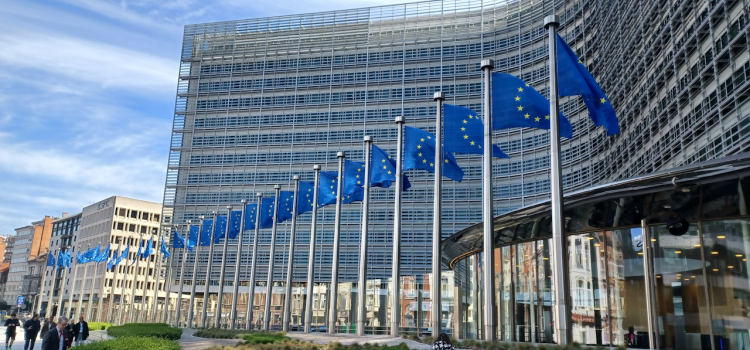Is it worse under Johnson? The short answer would seem to be “Yes”. None of the controls on Governments are law, they are all based on conventions and Parliamentary Sovereignty means that they are not permanent. (The recent habit of previously prohibited retrospective legislation and emergency parliamentary/legislative schedules also strengthens a Govt. and thus a Prime Minister’s hand.) But, it’s the shamelessness of Johnson and his Government which is the danger to democracy.
Respect for Parliament and politicians had been damaged by the expenses’ crisis but the Brexit referendum and its aftermath further damaged Parliament’s political legitimacy often at the hands of MPs who showed extreme cowardice in the face of the tumbrils pulled by UKIP’s donkeys.
The British people were fortunate that the decision to order the longest prorogue in modern times was able to be overturned by the courts even though the government argued that they didn’t have the power. Parliament also ripped up a further control when the SNP1 voted in 2019, to agree an election for reasons of sectarian advantage and fatally undermined the fixed term parliament act.
Since the election, there have been number of breaches of the ministerial code, involving money, influence or vote buying. This article from Yorkshire Bylines, dated March 20, details breaches by 11 cabinet members. There have also been an egregious corruption of the procurement process where they are now being pursued by the good law project, with the crowning glory the pursuit of the £37bn spent on a track and trace system that has never worked. The ‘levelling up’ initiative, once called Regional Policy is also the subject of both controversy and legal review being characterised as pork barrel politics.
The current troubles aka partygate were started by Johnson and the Tory Whips’ attempts to rewrite what limited controls remained to save Owen Paterson, once the MP for Shropshire North from sanction for lobbying. The list of breaches is so long that Transparency International are calling for the Ministerial Code to be made law. This government has also has a series of breaches by most publicly Cummings and Hancock, of covid safety regulations culminating in today’s heavily redacted Grey Report, cataloguing 20 inappropriate events while the public could not visit relatives in care.
This impunity is reflected in policy making by Priti Patel as Home Secretary, not only did May kick her out for off-piste foreign policy and breaches of the ministerial code, she was taken to tribunals for bullying and the Home Office is being sued by its own watchdog for breaching the withdrawal agreement as it applied to EU citizens in the UK. This impunity was also shown in the trade negotiations led by Lord Frost with the threats to break the agreement in contradiction to international law and the threats to void the Northern Ireland Protocol.
There is a culture of impunity running through this government, underpinned by Parliamentary Sovereignty, a fake definition of national sovereignty and a party majority in the Commons reinforced by what would seem an unwillingness of the police or other regulators to investigate crimes committed by govt. ministers.
We have no basic law nor it would seem today a police force willing to pursue wrong doing in Whitehall.
ooOOOoo
This was originally written as part of a longer article, but I have decided it doesn’t fit in that article and so here we are.
[1] The SNP gave Johnson a 50% majority in the House, and were quickly followed by the LibDems and then Labour split with many of them voting for the election. There is an alternative view that the FTPA transferred the power to call an election from the PM to parliament and parliament just decided not to go through the vote of confidence, the requirement for a supermajority and a waiting period. …





